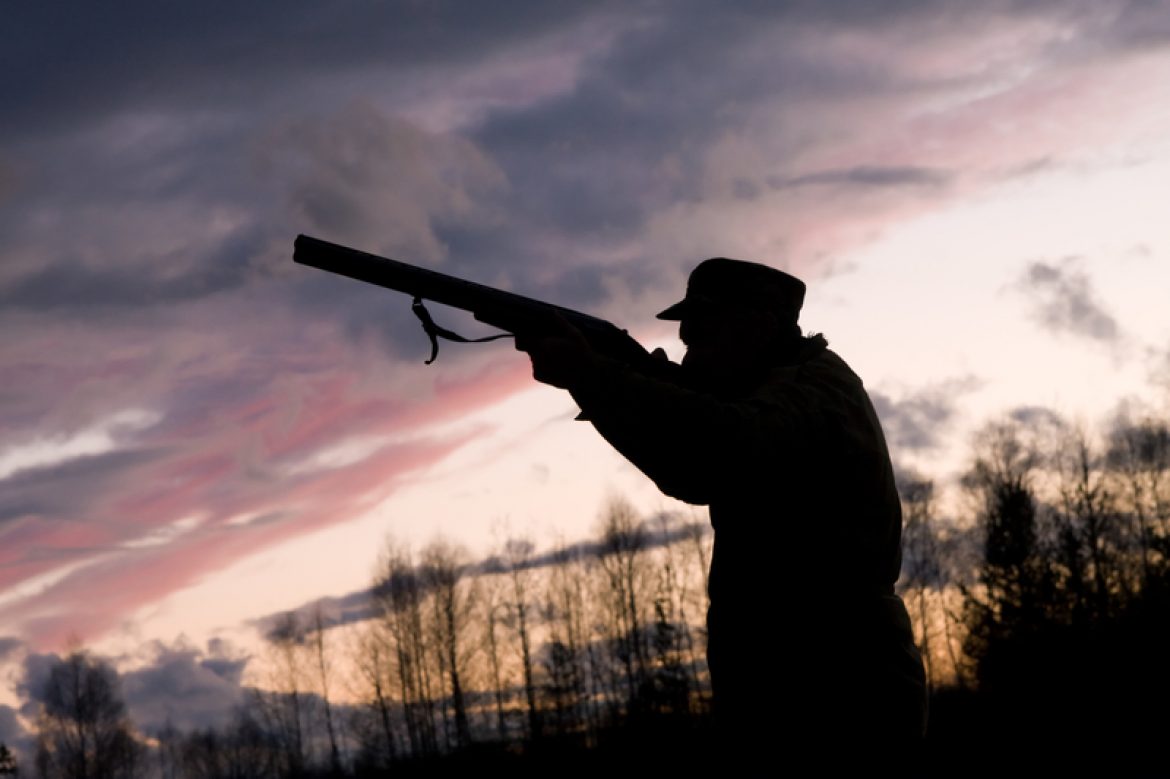Avoiding Hunting Accidents and Fatalities

While hunter education requirements in Georgia have greatly reduced the number of hunting incidents and fatalities, it is unfortunate that accidents persist. Know the facts: Most hunting accidents are caused by experienced hunters during broad daylight at a range of less than 40 yards. Even when wearing hi-visibility orange, most victims are injured by a hunting companion when they are mistaken for the target animal, or during driven hunts. Follow these guidelines and other firearm safety standards to help you avoid becoming a victim, or causing a hunting accident or fatality.
Never Mix Hunting With Alcohol or Drugs
Under no circumstances should you or your companions be under the influence of alcohol or drugs when hunting or shooting. Be aware that some over-the- counter medicines can cause similar symptoms, which create hazardous hunting conditions.
Handle Every Firearm As If It Is Loaded
It is often the “unloaded” gun that kills. Treat every gun as if it is loaded, and always empty firearms when not in use. Don’t rely on someone else’s opinion; check each gun yourself.
Check Beyond Your Target
Use binoculars instead of a weapon scope to observe your target and surroundings. Be patient and thorough. Look for camouflaged hunters, other people, and hunting dogs, especially during driven hunts. Avoid shots aimed toward other livestock, roads, or buildings.
Tread Carefully
Regardless of your weapon type, wear appropriate footwear. Take caution when crossing wet areas and slippery rocks. When crossing a fence, retrieve your weapon after you have crossed. Travel with a gun’s safety on, and the barrel should be pointed at the ground or up into the air. Also, use safety harnesses properly when working with tree stands.
Wear Lots Of Hunter Orange
Even if not required, wear large amounts of high-visibility orange. Make sure it is visible above your waist and around your head.
Take A Hunter Safety Education Course Every Year
Georgia law requires hunters born on or after January 1, 1961, to take a hunter safety education course only once before receiving their hunting license. Make it a point to sign up for a course every year. Even if you are an experienced hunter, a refresher course will help you avoid accidents.
Share Your Plans
Communicate your plans to a friend or family member, and always carry a mobile phone or other communication devices with you. Call 911 if an accident occurs, or your emergency contact can call for help if you fail to return within a reasonable time.
Buzzell, Welsh & Hill
The team at Buzzell, Welsh & Hill wants to help you stay safe when hunting and enjoying the outdoors. If you’ve been injured because of someone else’s mistake, we’re here to help. Contact the attorneys at Buzzell, Welsh & Hill for your free consultation today.
